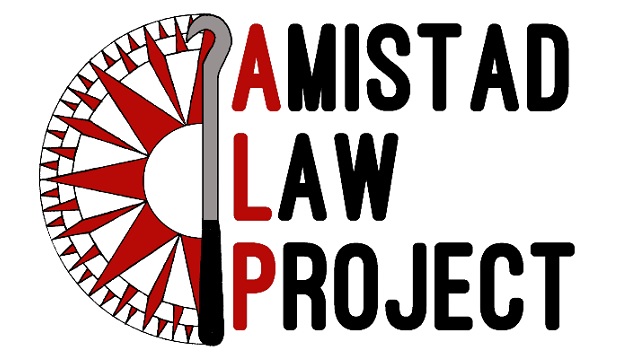Election Integrity Watchdog Hails Landmark SCOTUS Decision on Arizona Elections

AMHERST, Va. /PRNewswire/ — The Amistad Project, America’s leading election integrity watchdog, enthusiastically applauded the United States Supreme Court’s 6-3 decision in Brnovich v. DNC, which upholds the constitutional authority of states to manage their own elections, rejects ballot harvesting, and recognizes that counting potentially fraudulent ballots is equivalent to suppressing valid votes.
“This decision is spot-on and validates all of our claims about the dangers of private election funding, which we’ve been making since 2018,” said Phill Kline, director of The Amistad Project of the Thomas More Society. “The evidence is overwhelming that government officials who received private money played favorites on behalf of one candidate, creating the sort of disparate impact that this ruling condemns.”
The outcome confirms The Amistad Project’s legal theories put forth in ongoing litigation concerning the use of private money to perform government functions during the 2020 elections. The Amistad Project’s investigations have revealed strong circumstantial evidence that the intent of providing these monies was to have government manage the election in an unconstitutional way to benefit Joe Biden’s candidacy. Facebook founder Mark Zuckerberg alone spent over $400 million for this purpose. At least $350 million of that money went to a formerly obscure organization called the Center for Tech and Civic Life, which distributed it predominantly to jurisdictions with a large number of voters likely to support Joe Biden. Many of those grants, particularly in urban areas of key swing states, came with detailed conditions that obligated local officials to rewrite election rules in a manner designed to promote Democrat turnout while compromising ballot security.
The Amistad Project’s investigations have detected at least $1 billion in services and contributions funneled through private organizations to government election offices.
The Brnovich ruling also sets an important precedent regarding the proper role of states in managing their own elections, establishing that state legislatures – not federal courts or the U.S. Congress – possess presumptive authority to set the rules governing elections.
“This should spell doom for HR1,” Kline said. “Republican Attorneys General ought to have their lawsuits drafted up already, because HR1 is all about Congress telling states how to run their elections, which the Supreme Court has now firmly rejected.”
©All rights reserved.

